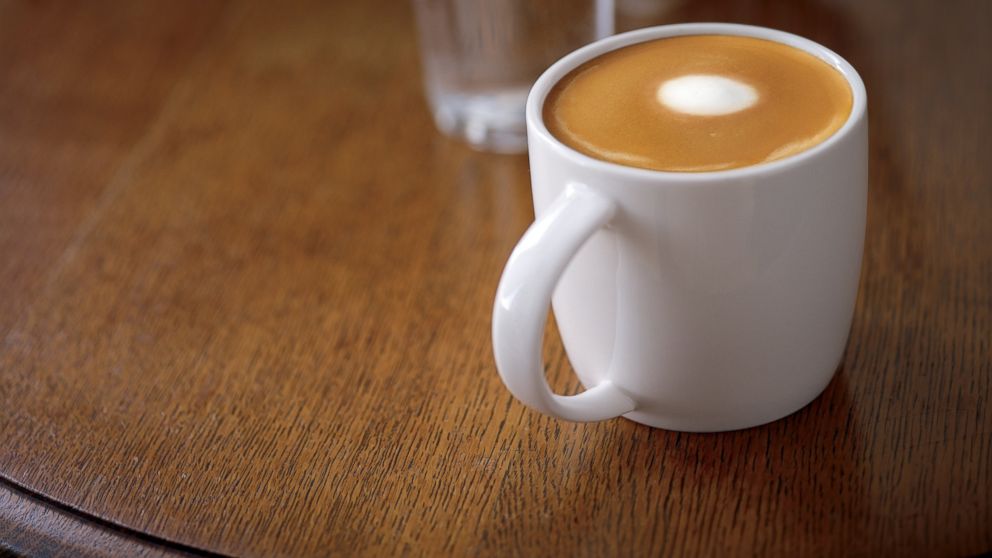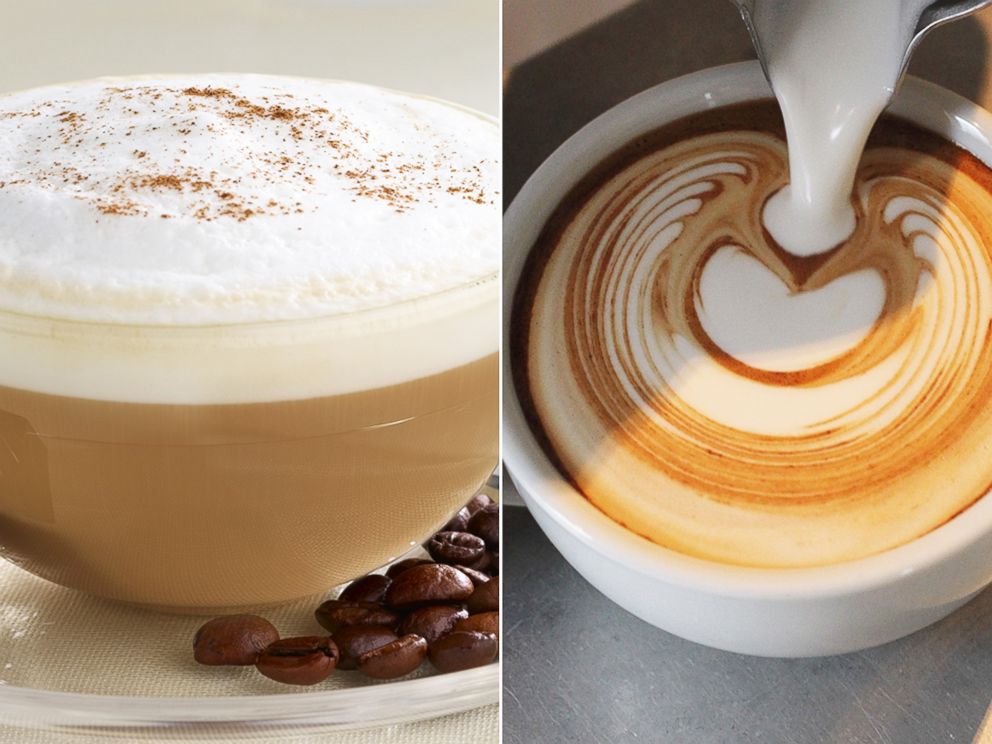
Oscar Quine samples a brew fit for billionaires – but it’s the rest of the offerings, not the price, that takes him aback
As I prepare to sample the world’s most expensive pot of tea, which has gone on the menu for the first time at the Royal China Club in central London, it is in fact the list of exotic, off-menu items I am told about – each with an eye-watering price tag – that piques my interest.
“If you’re having a starter of the caterpillar soup, then the shark’s fin, then the fish maw, then main courses and dessert and the Da Hong Pao, it will easily cost £2,800,” the restaurant’s group marketing manager, Jason Chan, explains.
Da Hong Pao is the tea in question, while the soup is made not from actual caterpillars but rather a rare herb found only at high altitudes, simmered down for up to eight hours. It starts at £388 for a serving fit for four.
Then there’s rice wine for £15,000 a bottle. And abalone: sea snails dried down to hardened tree knots the size of babies’ fists, which Chan presents proudly, Willy Wonka-like, in a gleaming glass jar. They go for £350 a pop and, served a different way, make up a sauce for a £180 sea cucumber dish. “For the abalone sauce we have a secret,” Chan says, “we use the powder from shark’s teeth”.
 Oscar Quine tries Da Hong Pao – a snip at £388 for four people (Susannah Ireland)
Oscar Quine tries Da Hong Pao – a snip at £388 for four people (Susannah Ireland)
The Department for Environment, Food and Rural Affairs, confirms all these ingredients are legal to import. Mr Chan did however reveal the lengths taken to bring them into the country.
“A lot of the ingredients, if they were sent over, they’d get confiscated,” he says. “People don’t know what they are. That’s why we have a lot of people travelling just to bring the ingredients back. They take the flight arriving at 4am – customs aren’t awake yet.”
The PR who has arranged my visit looks uneasy. When we leave, she emphasises that Chan is mistaken in saying the restaurant still serves shark fin – they stopped offering it, she says, in 2011.
Bite Back Shark and Marine Conservation’s Graham Buckingham says that while a third of British restaurants that once served shark fin have taken it off the menu, anecdotal evidence suggests that it can often be easily ordered by Mandarin speakers.
So to the tea. That £180 pot furnishes four small cups. The leaves can retail for more than £650,000 a kilo. They come from just three fabled bushes in Fujian province. The story goes that these same bushes produced tea which cured the illness of a mother of a Ming dynasty emperor.
As they grow, the leaves are wiped with goat’s milk to give them shine, then picked and baked in small batches over charcoal. They are left to gain flavour for up to 80 years.
And how does it taste? Its flavour is similar to that of Japanese brown rice tea. I imagine the woody, umami undertones come from the roasting. They are offset nicely by fragrant top notes – I taste peach. As good a way as any, I suppose, to round off a meal that will set you back something similar to your average family holiday.




.jpg)




